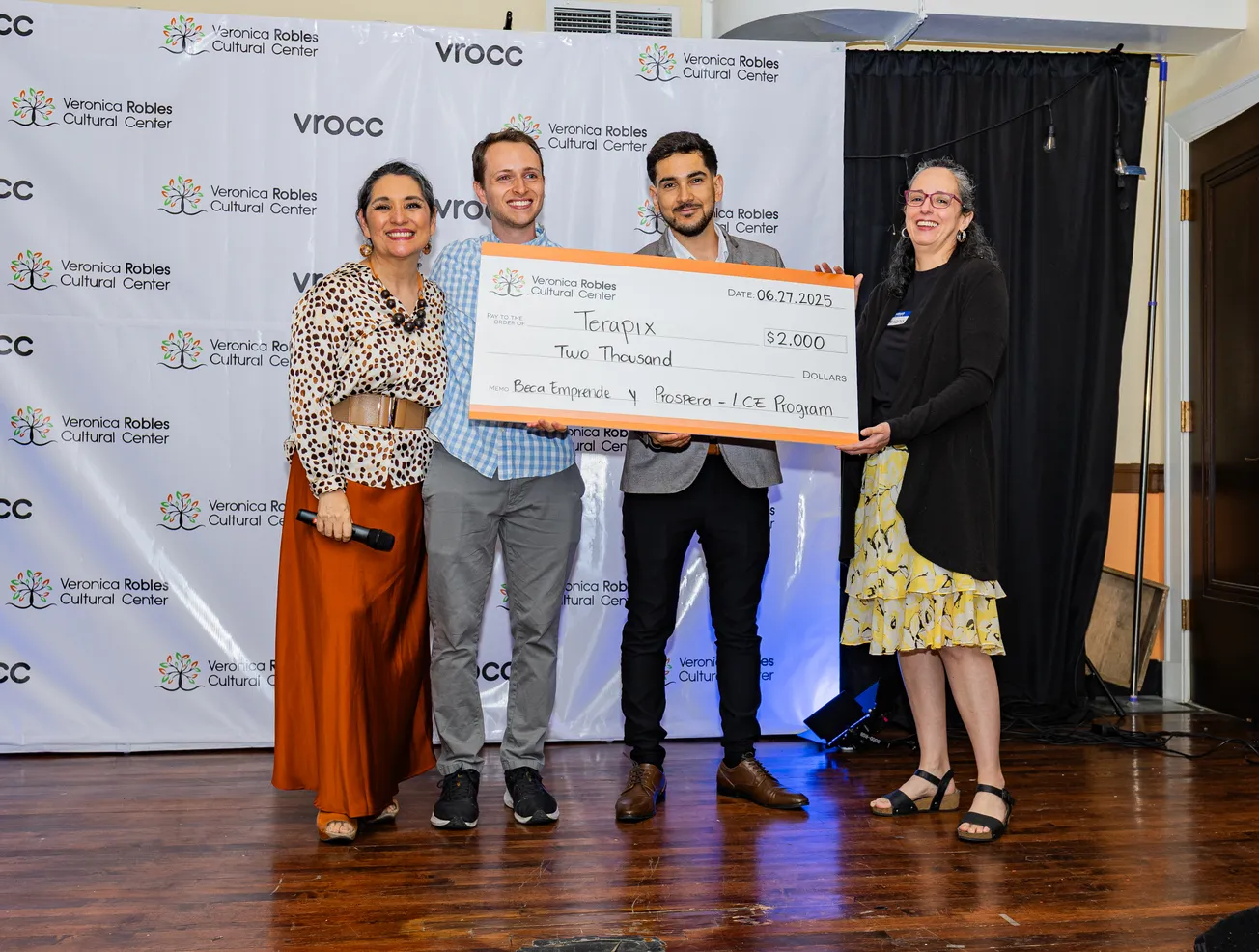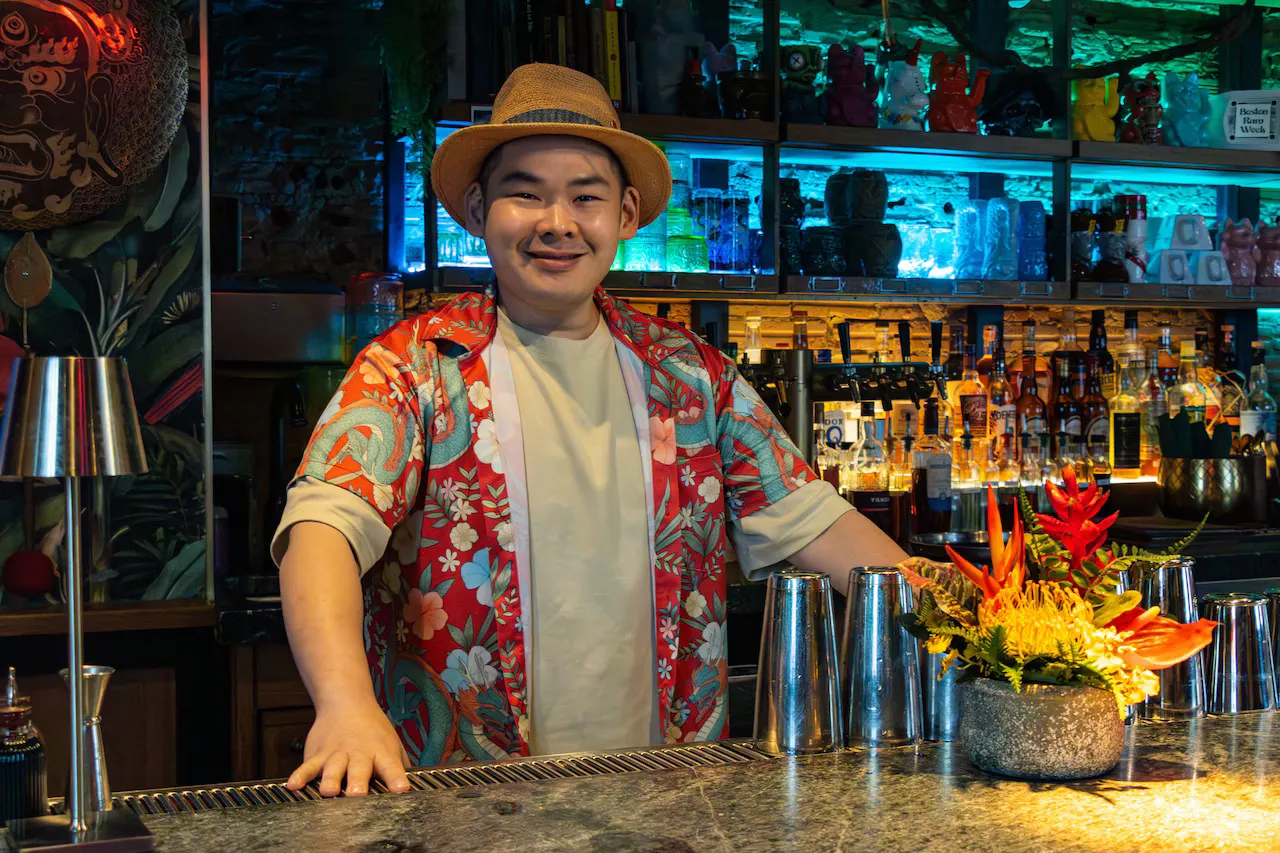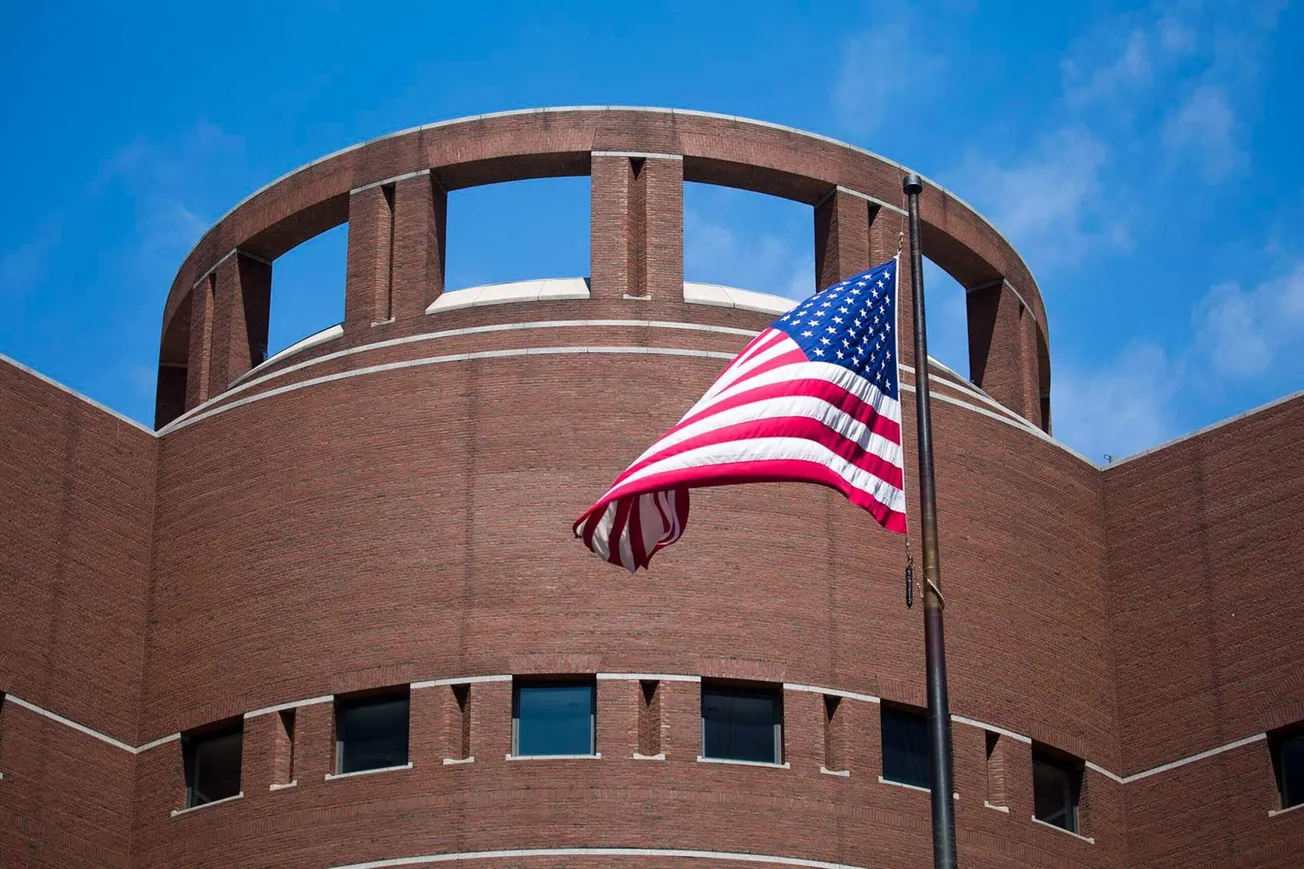By Eduardo A. de Oliveira / El Planeta
From 2000 to 2010 the Latino population of Massachusetts grew by 30 percent, reveals a new survey conducted by Mauricio Gastón Institute, a non-partisan research group based at University of Massachusetts Boston.
The finding can partially explain why a group of professors, researchers, policy makers, and community leaders gathered at Worcester City Hall to announce the 5th Latino public policy conference, aimed at debating the positive impact of Latinos in Massachusetts.
The launching event, which had the support of Worcester Mayor Joseph C. O’Brien, was intended to be a preview for «Securing the Dream,» the conference that will take place in mid-September to discuss new policies to help the state’s Latino population.
Latinos comprise the second largest ethno-racial group in Massachusetts, making up 8.5% of the population. In this state as well as nationally, Latinos’ share of the population continues to increase as the non-Latino white population declines, according to the Gastón Institute.
«Worcester is the perfect place to have this conference,» said Carmen Pineda, the conference’s director. «It is a well known culturally rich and diverse community, it is centrally located, and it was the birthplace of our first statewide Latino Public Policy conference back in 2000.»
For Ramon Borges-Mendez, an associate professor at Clark University, it’s time for local authorities to recognize the importance of the local Latino labor force.
«The growth of the Latino population is occurring in small to midsize cities, like Worcester, Springfield, Lawrence, New Bedford, if we were not brought in these places these cities would be in even worse shape. So, authorities should work closely with these communities.»
Borges-Mendez, who is also a member of an honorary committee of Worcester leaders, said average-Americans don’t usually hear about Latinos working in higher education, in biotech, in high-tech.
«We’re just really invisible, but when you scratch the surface you notice that the presence of Latino immigrants in these sectors is quite significant,» he added.
Another group that goes unnoticed says Melissa Colón, associate director at the Gastón Institute, is Brazilians.
«We noticed that usual time it takes an immigrant worker to open his own business can take, in average, 15 years. With Brazilians, this time can be cut short to 5 to 10 years,» Colón said.
And the need to integrate more Latinos with local authorities is not just an economic imperative.
Worcester native Daisy Rivera uses her Puerto Rican background to help the court system cut through the cultural barriers to help troubling kids.
As the majority of the caseload she handles as a probation officer at Worcester Juvenal Court involves Latino kids, ages 7 to 18, Rivera says communication has a lot to do with it.
«»There is gap between local authorities and those who are not able to speak for themselves. Sometimes officials don’t know how to communicate with families, parents aren’t able to advocate for themselves,» says Rivera.
Although most cases in Juvenal courts deal with kids who run-away, stubborn children, and delinquency with disruption of school assembly, these small violations can start a criminal record that can block some progress in their professional life.
«The conference will be a great opportunity to get in the same room with officials and get your voices heard,» said Rivera.
Another major aspect that will be addressed at the «Securing the Dream»





